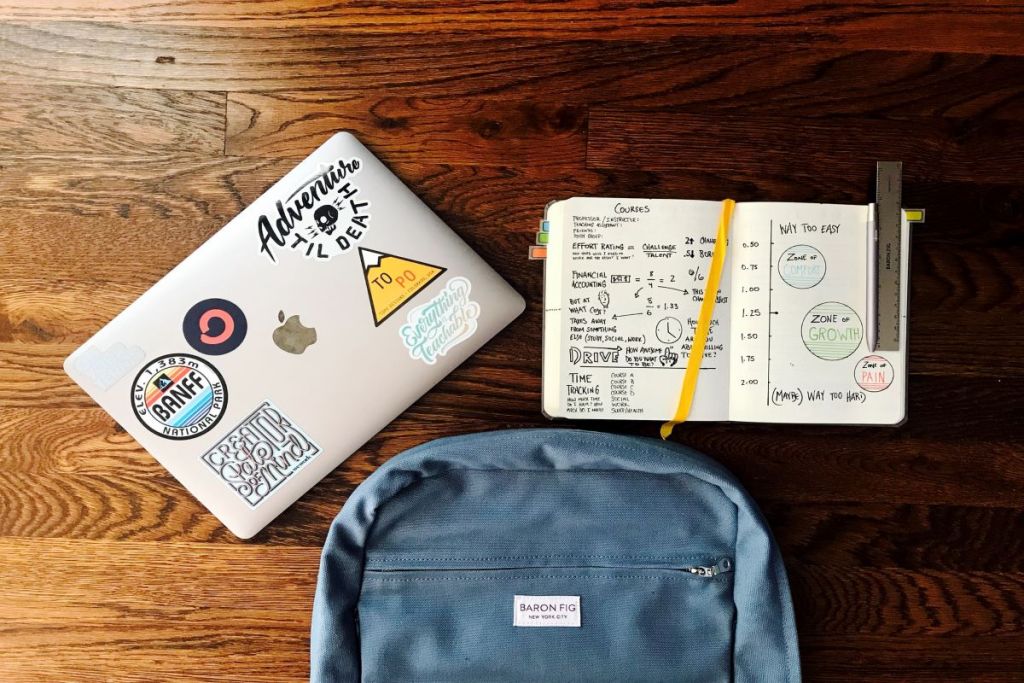Studying for math tests, completing math homework assignments, and slaying important quizzes are all crucial steps for your child to succeed in the classroom. Mathematics can sometimes feel like a scary subject, especially when advanced focus classes such as calculus and trigonometry are factored into the equation. All puns aside, children are expected to learn and master certain skills in the classroom before moving on to higher grade levels, including graduation. They will use math in many aspects of their day-to-day life, which encourages parents to cultivate a successful learning environment for their students at home, as well as at school.
You want your child to understand and learn more each day while in school, while also providing them a way to learn with a fun twist. Introducing a skill-building and lesson-nurturing device app could be just the spark your child needs to get fired up about learning and building their knowledge.

Best math apps for kids
Prodigy
This beloved game-based, specialized math learning app is perfect for kids ages 6-14 who love to immerse themselves in fantasy worlds to fight dragons and cast spells. Each part of the free-to-play game is curriculum and age-based, gearing skills towards your child’s needs. The world we live in is technology-focused, making digital learning increasingly more prominent, with Prodigy being no exception. Proven to boost test scores by over 10%, Prodigy helps encourage kids to keep trying while giving them rewards for correct answers. These rewards vary and can give players a boost in battle or help them build their avatar’s abilities. Over 50 million students (about twice the population of Texas), 3 million parents, and one million teachers utilize this fun, entertaining, and educational gaming system to help educate students on newly taught lessons or strengthen their overall math skills. Additionally, this app is free to use.

Khan Academy
Like many other educational apps, Khan Academy helps kids in many several subject areas besides math. This could make using Khan more lucrative for parents of students that may be struggling in those several other subject areas, not just mathematics. Perfect for students of any age, Khan Academy personalizes each child’s experience, making their program mold perfectly with what your child needs the most help with, at their own pace. Created by parents, Khan academy teaches and instructs students from kindergarten all the way through 12th grade by utilizing video instruction, specially created content, and one-on-one style lessons to bolster their knowledge in and outside of the classroom. This app can be used by students to help gain more knowledge of their subjects while also giving teachers and parents insight into where their child may be struggling, and how the app and themselves could encourage and support the child’s educational needs. Free usage for all is a prime notation as well.

CK-12
Our final device application perfect to help kids learn and retain valuable math facts and processes is — CK-12. Something CK-12 — a California-based not-for-profit organization — strives to do, is provide free and customizable educational materials and resources to students, parents, and educators. “What if your textbook could…. leap off the page?” is one of the very first things CK-12 asks its users to consider in their initial application video. It’s an honest question with proven results. It provides lessons and educational resources to children from the ages of 4 through 18, giving students of all ages the chance to succeed in not just math, but all areas of pre-college study. CK-12 leans on photo galleries, flashcards, audio & videography, and experiments to help embolden students’ knowledge or introduce them to a new lesson. This free-to-download and free-to-use app is perfect for kids of any age while holding true to the organization’s key mission of providing high-quality educational materials to as many students as possible.
If your child comes home with slipping grades, missed homework assignments, or too many “I don’t understand how to do this!” comments, then we have just the thing for you to test out. These apps — while all great on their own or in connection with each other — provide your struggling student with clear instruction on how to solve equations, recite facts, or process problems in and outside of the classroom. These apps also free parents from the absolute nightmarish struggle of having to relearn old math lessons from childhood in order to assist their child with homework in the evenings. These kinds of situations can sometimes end with fights or tears, and we felt it paramount to give moms and dads invaluable information on the best apps to help their kids go from failing to flourishing.



